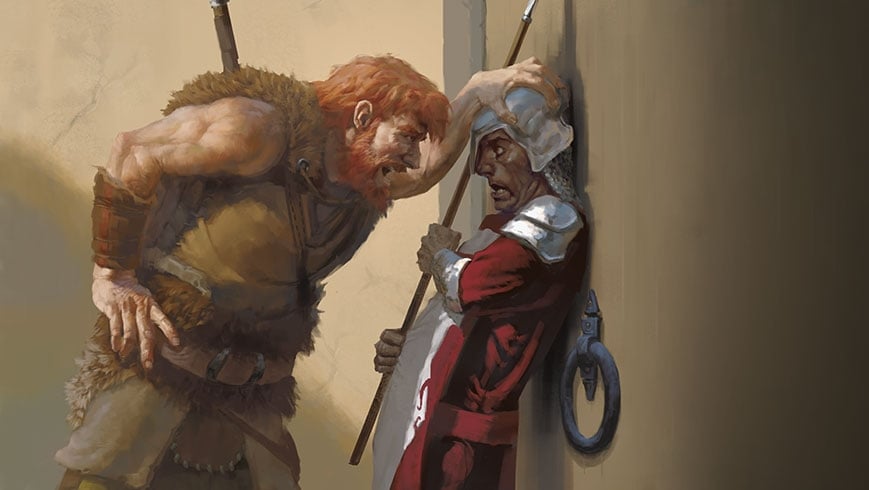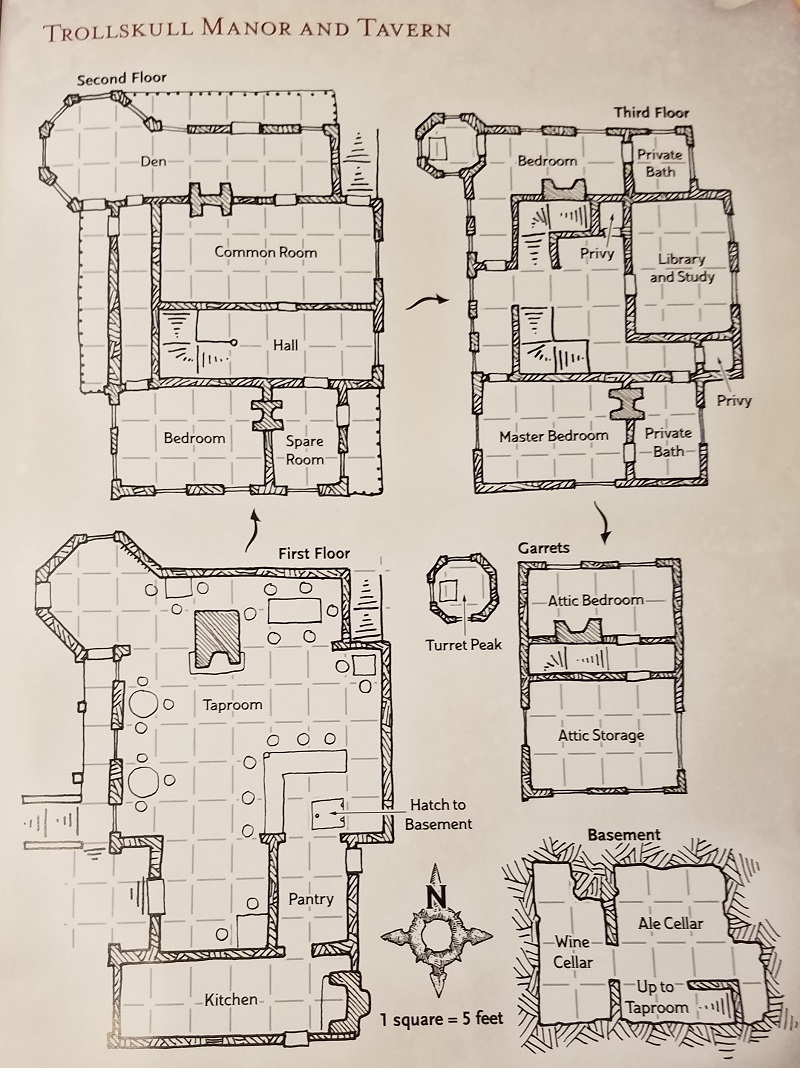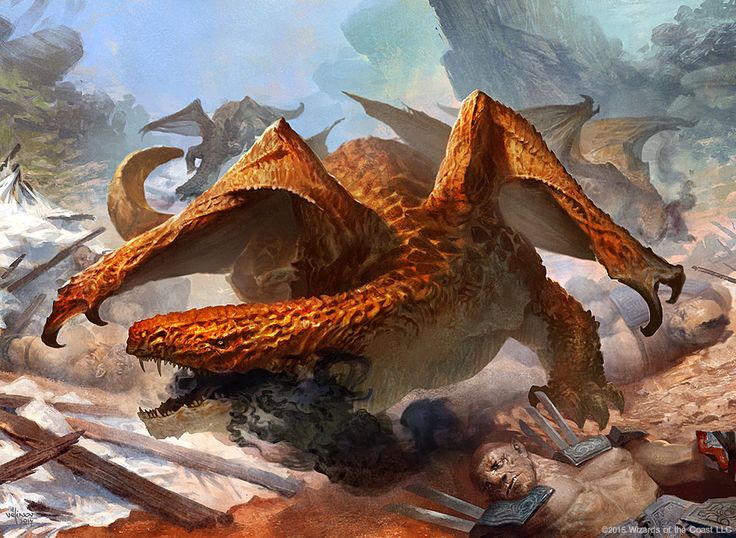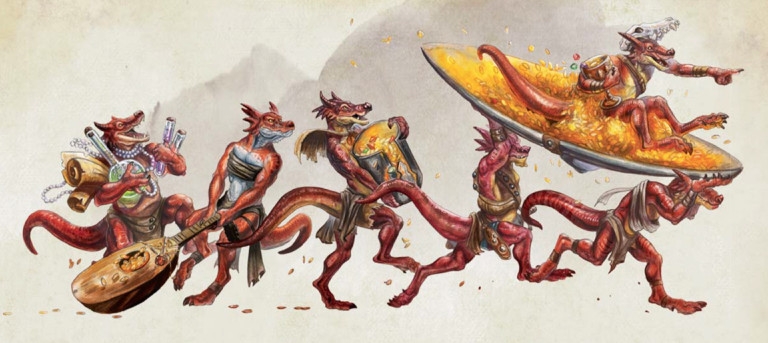D&D: Waterdeep Dragon Heist Makes It Rain – And That’s Amazing
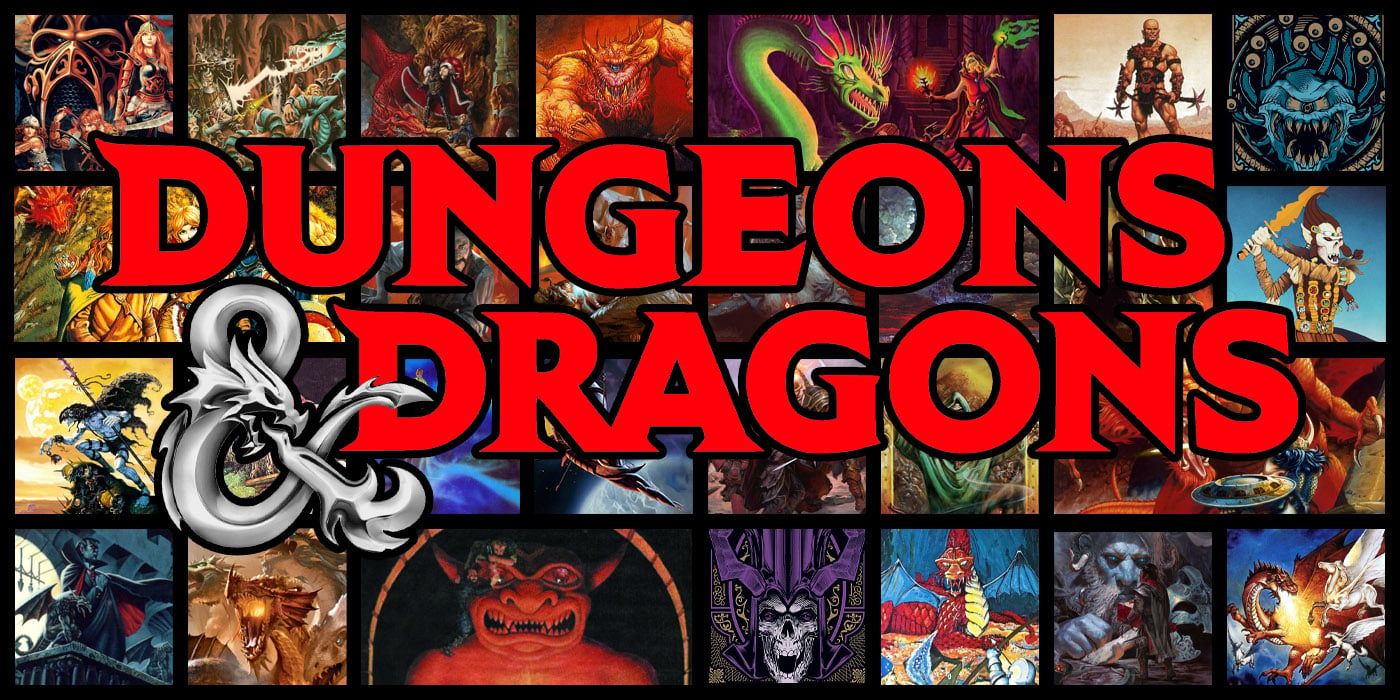

Treasure is an important part of any D&D game–but it’s also one of the most boring parts of the game. That is until Waterdeep: Dragon Heist. Let’s take a look at what this adventure has to say about treasure in D&D.
Alright, bear with me on this one, because we’re going to take on some of the assumptions about D&D and the way it’s played. I don’t think we’ll get too math-behind-the-scenes, but there’s a little of that ahead of us. Fair warning. Also, the only right way to play D&D is the way that’s the most fun for you, so if the stuff outlined below is absolutely working for you and a blast, then by all means, you are not having fun wrong and keep doing what works for you.
Okay cool now that we’ve got all that out of the way, I’m just going to come out and say it. Treasure in D&D is kinda boring the way it’s usually done. Treasure is supposed to be a part of one of the three pillars of D&D–it’s the carrot that stands opposite the stick of hard encounters. When you slay a Dragon or defeat an evil knight who’s marauding around the countryside, odds are good you’d be expecting some kind of reward for your effort. Some kind of reward beyond the Experience Points that hurtle you face first into higher powered-adventures, that is. And treasure seems fitting, right? It’s the gold in the Dragon’s hoard. The looted objects d’art from the evil Knight’s secret shrine. Even in fiction, finding treasure and magical items are a part of the story–heck even the Hobbit has the party of adventurers finding a bunch of magic swords.
But mostly what that treasure represents is a slight increase to some of your numbers, a minor boost to damage per round, and maybe a handful of other things. By and large though, treasure mostly just ends up as a sort of rewards-club scheme. Collect so many points and eventually you can trade them all in, whether they’re gold coins or fancy vases for +1 to your hit rolls, damage, or armor class. And, honestly, that’s where it gets kind of boring.
Unless you’re playing in a low-magic setting, or your GM is really making the effort to keep magical items–even the most common +1–rare, then finding that kind of treasure just feels like another step you’re expected to hit along the way. Of course you need a better weapon so you can hit a little better and a little harder so you can kill more things and get incrementally even slightly better after that and so on. But, be honest with me here (and more importantly, yourself), when was the last time you really felt excited to find a +1 sword. Or a magic weapon that isn’t your chosen variety? When was the last time you went out of your way to keep track of whatever treasure you’ve been handed out, aside from its eventual gold piece value? When was the last time you bothered to remember what a random wondrous item did and then try to use them outside of a desperate situation?
Now to be fair, this whole treasure as just a sort of expected part of progression is an issue that 5th Edition has been dealing with. You don’t really need to find a +1 sword or better in order to function in the game. In fact your game might be better for it if nobody got magic weapons for a while. Creatures with resistance that’s overcome by anything magical might suddenly become a little bit more of a threat. It’s why you’ll find a bunch of wondrous items, and magic weapons that don’t go up in plusses but instead add new capabilities to players.
And Waterdeep: Dragon Heist takes that idea even further. Treasure isn’t just a reward, it’s a way for the GM to adjust the player experience. It’s a choice for players to make. It’s an immediate impact a character can have on the world around them. Do they wear the rings they’ve found or do they sell them? Do they switch weapons? Dragon Heist takes this a step further. In our review, we talk about, Trollskull Manor, the run-down inn that players are rewarded with for successfully completing their first quest. It’s property in the city of Waterdeep, and it comes with its own little map and neighborhood, and it’s right away a place that PC’s can use their treasure.
This is something out of older editions of D&D. When players reached a certain level, they could build a castle or a wizard’s tower or what have you and start attracting followers. These were investments of gold and time and resources–players could upgrade their bases, build battlements and ballistae, and so on. And this idea is still present here, only Dragon Heist suggests that the appropriate level for having a base of operations is level 2. It’s a module that doesn’t want you to wait around to try and hit the higher levels that many campaigns never will. Most campaigns never hit 17th level, let alone 20th. Common advice is to build for 6th level, rather than 20th. And in Waterdeep, players have a chance to use their treasure for something more than just numerical upgrades.
Though…numerical upgrades can be real nice
You can improve your inn. Spend it on faction aid and services in Waterdeep. Especially if, at the end of the adventure, the players somehow manage to get their hands on the cache of Gold Dragons, that’s 500K gold pieces to their names. At least for a little while. And by the end of the adventure, players should only be about 5th level. The trick is to give players stuff to spend gold on. Let them build that Guildhall or run a business that operates out of the Inn. Have other villains come after their cache of gold. Or maybe it’s allies, especially powerful allies like the Open Lord of Waterdeep, who want to get some of that gold. And suddenly players have a lot more agency in the game.
They juggle with more choices. Waterdeep: Dragon Heist has this attitude that, once you’ve found the gold, the real adventure begins. So it doesn’t make players wait, it gives them gold and then sits back to watch what happens. And that’s so interesting to me. When your players have more than enough to get the necessary upgrades, what else do they buy? How does it change the way they feel about the world?
For me, players with a base in Waterdeep sounds perfect. Now they have something that anchors their presence in the world. They have something to call their own that does something way more than just increase the math. It has all these intangible benefits that a GM can exploit to put pressure on the players. Threaten their property and you have a great way to earn enmity for a paper-pusher type who’s come in demanding that players shut down their business.
Or give them enough money to start buying ships and wagons, and watch what they do. Anyway, Waterdeep: Dragon Heist has a lot to offer GMs, especially its philosophies about adventure and reward. So don’t delay and pass out treasure enough to make a dent in the world to your players today.
Happy Adventuring!

